Learn more about Sacred Blossom Farm medicinal herbs
Select an herb below to learn more about its uses, benefits, history, and how we grow it.
And visit our online shop to buy our top-quality bulk herbs and herbal tea blends.
Growing the highest quality medicinal herbs is tough. Unpredictable yields mean that only the herbs shown above are available for sale, but on our farm we also grow or wild-harvest:
Apples, Beets, Calendula, Cornflower, Elderberries, Elderflowers, Fennel, Goldenrod, Mullein, Sage, Spearmint, Stevia, Thyme, and every year we experiment with growing new varieties and new herbs.
Our goal is to produce as great a percentage of the ingredients in our teas as possible. Locally grown means fresh, transparent, quality controlled herbs so that we know we are serving the most potent herbal medicine to our customers.
GLOSSARY
In case you’re new to the wonderful world of herbal teas, here is a glossary of terms we use throughout the website and farm tour videos:
Crop Rotation: The practice of growing different types of crops in the same area in sequential seasons to improve soil health, reduce pests and diseases, and increase crop yield.
Cut and sifted: A process where plant materials are chopped into smaller pieces and sifted to separate parts for use, often in teas or herbal preparations.
Drying: Removing moisture from plant materials to preserve them for future use, often by air-drying or using heat.
Garbling: The process of separating usable plant parts, like leaves or flowers, from unwanted materials after drying or harvesting.
Human-scale: Agriculture practices that are manageable by individuals or small groups, often emphasizing local production and sustainability.
Intensive Management: Agricultural practices that involve maximizing productivity and efficiency on a given piece of land through careful planning and the use of resources like labor, technology, and inputs such as fertilizers and water.
Polyculture: Growing multiple types of plants together in the same area to promote biodiversity and reduce pests and diseases.
Processing: The series of steps involved in transforming raw plant materials into finished products, such as teas, oils, or supplements.
Steep: To soak plant materials, such as herbs or tea leaves, in hot water to extract flavors or beneficial compounds.
Tisanes are herbal teas, also called herbal infusions, made from the leaves, roots, flowers, fruits, or bark of an herb. Not inclusive of the tea plant (Camellia sinensis) that green and black caffeinated teas are sourced from.
Sustainable: Practices that meet current needs without compromising the ability of future generations to meet their own needs, often by preserving resources and minimizing environmental impact.
Wild Harvest: Food gathered from plants that grow naturally in an untouched environment and in their native habitat. In this ecosystem, the plants contribute to nature's biodiversity, interacting with other plants, animals, and microorganisms, with little or no human interference. Also called wildcrafted.
Common Functions of Herbal Medicines:
Adaptogen: A substance that helps the body adapt to stress and supports overall health.
Analgesic: A substance that relieves pain.
Anodyne: A substance that soothes or reduces pain, often used interchangeably with analgesic.
Antiemetic: A substance that helps prevent or reduce nausea and vomiting.
Astringent: A substance that causes tissues to contract, helping to reduce bleeding and tighten skin.
Carminative: A substance that helps relieve gas and bloating in the digestive system.
Decoction: A method of extraction by boiling plant materials in water to extract active ingredients, usually used for roots, bark, and seeds.
Demulcent: A substance that soothes and protects irritated or inflamed tissue, especially mucous membranes.
Emetic: A substance that induces vomiting.
Emmenagogue: A substance that stimulates or increases menstrual flow.
Expectorant: A substance that helps clear mucus from the respiratory tract.
Herbal Medicine: The use of plants or plant extracts for therapeutic purposes to treat or prevent illnesses.
Hypnotic: A substance that induces sleep or relaxation.
Nervine: A substance that calms the nerves and reduces stress and anxiety.
Rubefacient: A substance that increases blood flow to the skin, causing redness and warmth.
Tonic: A substance that strengthens and invigorates the body, promoting general health and well-being.

















